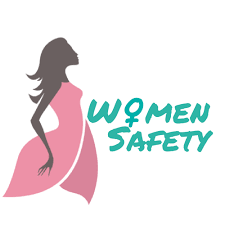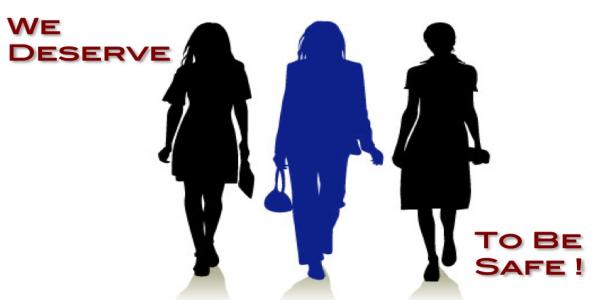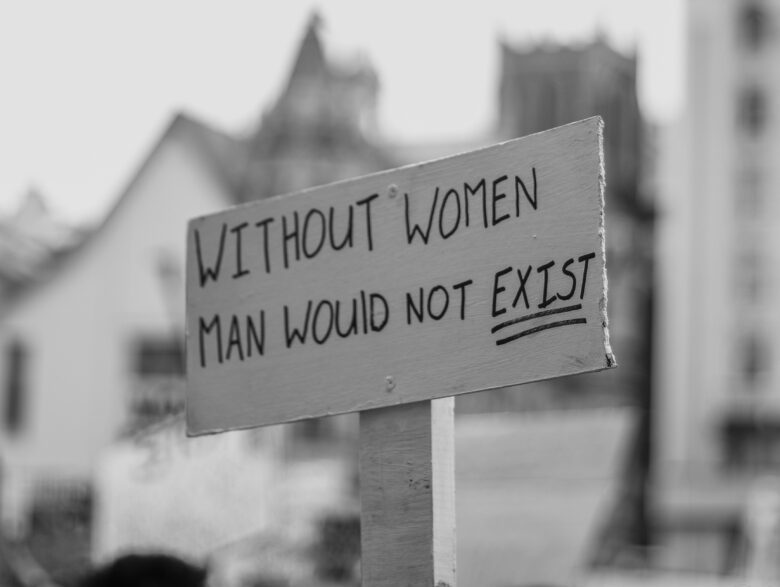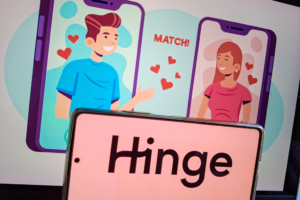In Yorkshire, England, in the 1970s a man stalked and killed women. The police, bumbling fools, dripping with incompetence, dismissed women who survived attacks, pursued obviously false leads and urged women to stay at home and act safely. There are so many issues with this, it’s difficult to comprehend.
Firstly, women are most likely to be attacked by an acquaintance, maybe someone who lives in their home – partners, relatives, possibly friends. Secondly, it allows for a level of victim-blaming that makes most peoples’ blood boil. Oh, she walked through a street alone… she should have known what would happen. She was basically asking for it. Thirdly, it meant that jumped up police officers probably spent more time trying to prevent women from living and enjoying their lives than catching a killer.
Any true crime enthusiast will be able to name several similar cases where women were attacked and a mainly male police force refused to help and more women died because of their incompetence. It’s interesting that when a man attacks women, women are the ones who are told to stay at home in evenings, when it actually makes more sense to impose a curfew on men. But you’ll never hear law enforcement suggest that.
Keep women safe
We need to revolutionise the way that women are protected because at the moment, in short, they aren’t. Women are not safe. There is no point in a woman’s life when she is safe. Women aren’t presented with a rape whistle at 18 and wished “good luck”, and there isn’t a finish line when women turn 75 where older women wait, hands outstretched, to catch survivors and take them somewhere they can’t be harmed.

So let’s talk about what men can (and should) do to keep women safe. Firstly, please remember that this isn’t about you. Women don’t really want Batman to jump down and save them from men with knives in an alley – they don’t want to be followed by men with knives in the first place. So if you’ve got a superhero complex or want to be a white knight… reevaluate things, please.
Luckily, there are some things you can do to keep women safe. Let’s start small and work our way up. Make sure that you, personally, are not threatening to any women. Some dating apps have launched programs that monitor language and will warn you if you’re typing anything inappropriate. Pay attention to warnings, if you get them, and apply the rules to your in-person interactions. Respect the boundaries that women place in relationships, because the lessons they’ve learnt have often cost a lot.
More widely – don’t follow women home or catcall, rape, control, intimidate or grope them. If you’re unsure and think something might come across as scary, just don’t do it. Next, expand this to the other men in your life. If you’re concerned by a male companion’s behaviour, talk to him about it. Explain that if he yells at women from your car you won’t give him a lift again, and tell him that what he’s doing is wrong.
Women have to interact with their attackers
If you know that one of your friends is using dating apps or social media to stalk a woman, report him to the site’s administrators or the police so they can take appropriate actions. Next: believe women. Studies suggest that 98% of rape allegations are true, so if a woman tells you that someone hurt her, take her seriously. Don’t ask about what she was wearing or insinuate that what happened to her was her fault – even if, for example, she went back to an abusive ex.
It’s common for women to have to interact with their attackers and you don’t know what they’re being threatened with. Statistically, women are in the most danger when they leave abusive relationships, so your support is especially important. Then there’s activism. Contact dating apps that allow users who harass other users and pressure them to ban people or implement warning strategies.

Sign petitions that support bills that protect survivors of sexual and domestic violence. Vote for politicians that have clear plans to keep women safe. You can volunteer for women’s refuges and donate to them. Make sure you read up on the organizations first, because some can actually be unhelpful, but when you’ve found a good one, set up a standing order to sponsor a room or pay for legal aid.
Some hostels probably won’t let men inside, but they might need volunteers to fundraise or do other jobs. Some of those things are going to be easier to do than others. But in the end, the world will be a better and safer place because of them, and that benefits everyone. It’s wildly unfair to tell women to modify their behaviour because of men, especially because there’s no guarantee that that will work, so instead let’s change society to make it a more secure and protected place for women.
You might start by warning a woman that her date just slipped something in her drink, or by not calling a woman a slut because she won’t sleep with you (there is no logic in that, and it’s a horrible thing to do), but then you need to go further, because half-measures won’t change the world and keep women safe.



